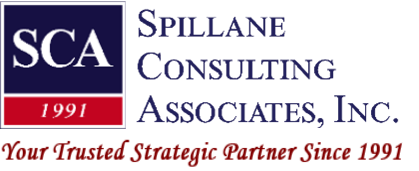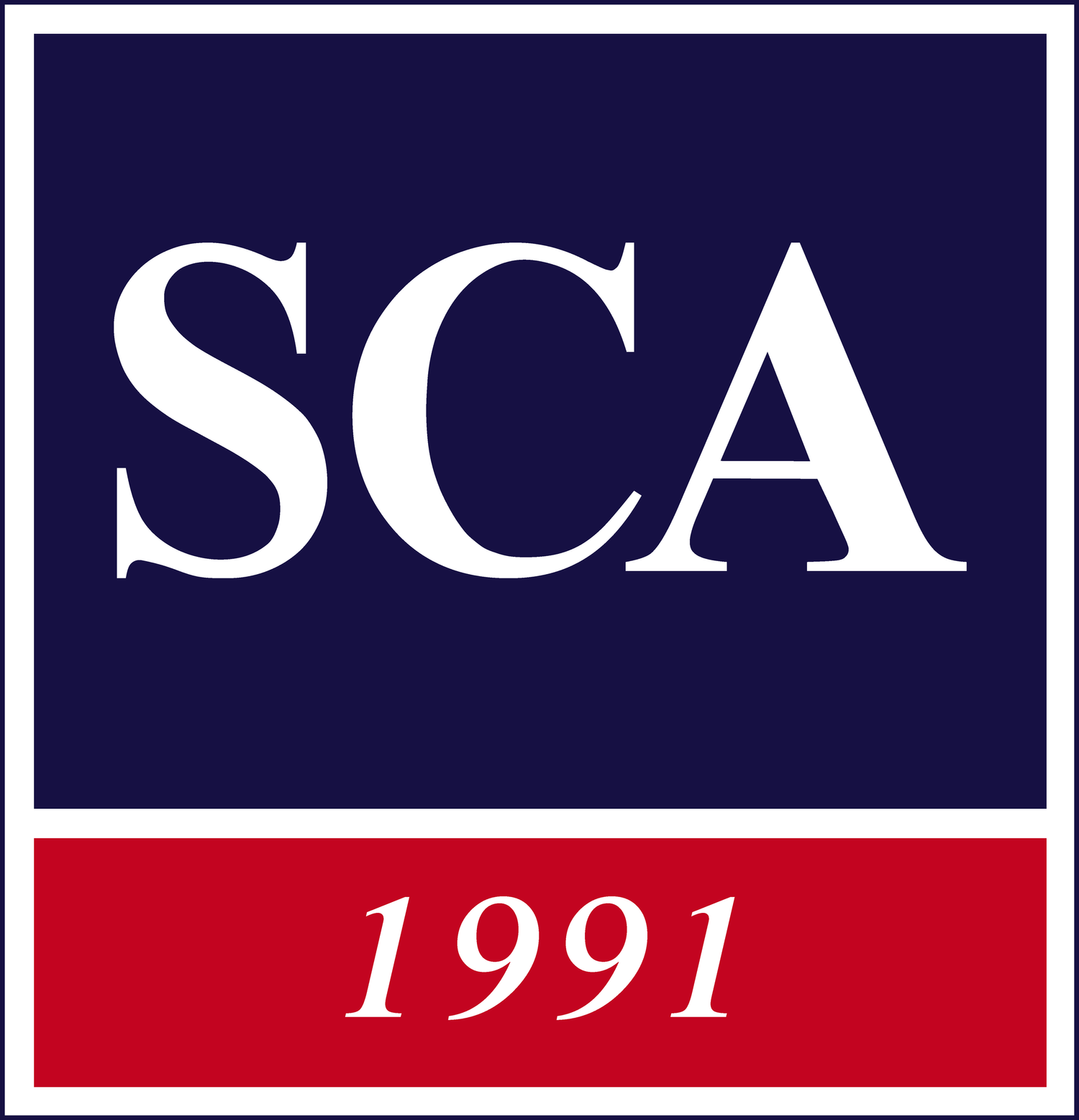Spotlight Series: Meet John Spillane
Interview of John Spillane- Principal Founder and President of Spillane Consulting Associates
Interview conducted by Donna Thaxter - Training, Coaching, and Professional Development Consultant.
Donna: Hi John, Congratulations on beginning your thirty-third year as a consulting firm. Can you share how you began your career in the residential lending industry and how that evolved into establishing Spillane Consulting Associates (SCA)?
John: Well, it all began when I joined BankBoston back in the 1980’s. At the time, a strategic merger was being blocked due to the bank’s poor CRA performance. I joined a small team charged with quickly creating a residential loan department, which was an opportunity loaded with experience. After that endeavor, I returned to BankBoston as a loan processor, where they had developed a low-rate first-time homebuyer program to cure their CRA issue: The Community Mortgage Program (CMP) offered a 12% rate in an 18% market. I don’t need to tell you how much attention a 600-basis point discount attracted! It was truly a “baptism-by-fire” situation, from which I fully understood the business in a short time.
Eventually, I left BankBoston and went on to work for Multibank Financial, where I ran a residential production unit with six mortgage operation centers. During that time, I developed strong relationships with PMI’s Secondary team members. They offered me a position with PMI, which I accepted. There, I quickly built an extensive network of friends and industry associates. However, in the fall of 1990, PMI lost its AAA credit rating, and my job was eliminated.
Unemployed in early 1991, with my two-month-old daughter crying in the background, my kitchen phone rang. I answered and heard the familiar voice of one of my favorite PMI clients frantically searching for a lead to purchase $5 million in ARM loans. I made one phone call to a friend from the network I’d built, and at that moment, SCA was born, funded by the commission on a $6.5mm whole loan deal.
Donna: Wow, that clearly was a game-changing career experience in itself. How did you move from pairing that single deal into what SCA is now?
John: Facilitating that deal opened my eyes to what was instrumental: Communication and Relationships. I focused on re-engaging my network of clients with an emphasis on addressing their business problems, including due diligence for loan pool purchases, contract processing, and underwriting; this led to quality control, compliance, technology optimization, and so on. Due to the recession of 1991, many highly qualified mortgage bankers were unemployed. I could engage their talents on an interim basis to help my clients fill gaps. So, we started as just a secondary marketing company, but then it segued into more and more business lines.
Donna: And how would you describe SCA’s business emphasis today?
John: Well, first and foremost, partnership-based relationships are central to our approach. We listen and learn from our client's real-life situations and can relate since we’ve walked in their shoes. Collectively, our SCA team possesses vast and varied industry experience. When we pair that with our commitment to tailoring solutions to meet each Client’s unique needs, we deliver unparalleled service that keeps our partnerships growing for years and even decades.
Today’s market is even more complex and expensive to operate in than when I first founded SCA. However, we see the same need for flexibility to be built into our client’s workforce approach paired with the service model we started with, one that ebbs and flows with our client’s business needs.
Donna: I have a two-fold question. How can today’s community lenders implement a variable business model when they value reputation and employee retention, and what types of expertise lend themselves to a more variable service approach?
John: To the first part of your question, it’s a delicate balance. We know Community-based institutions worked very hard to build strong lending teams during the era of low interest rates. But there are many questions about whether we’ll ever see these rates again. Maintaining pre-existing staff levels is expensive, so proactivity and versatility are necessary. We work with clients to identify strategies that align not only with their business objectives but also fit with their culture; for some lenders, this might mean dealing more proactively with natural attrition through upskilling and cross-training. It’s about taking control before someone takes it for you.
And, to the second part: Areas of expertise where variable service models work best, are predominantly where FTE needs are dictated by loan volume, for example System Administration, Regulatory Compliance, Underwriting, and Quality Control. We’ve also worked with clients to fill gaps in loan processing and closing.
Donna: John, thank you so much for sharing your history and your take on solutions for today’s community lending environment. One final question before we close this interview: What do you like doing most during your free time?
John: That’s an easy question to answer. When I’m not working, I focus on spending time with my family. My wife and I have three adult children and two grandchildren. My wife often has the travel bug, which sends us on fun adventures, and I especially look forward to our annual vacation to the beach house on the Cape. Anytime we can get everyone together, it’s a great day. My grandson’s, who comically call me OGO, or “Oh Great One”, make any gathering full of life and laughter. Grandparents truly do get all the fun!
If you would like to learn more about how Spillane Consulting Associates can help you, please contact our Director, Bill Dolan, via email (WDolan@scapartnering.com) or phone (617-694-2617). Also, please explore our Solutions page to read more about the wide array of services we offer!

